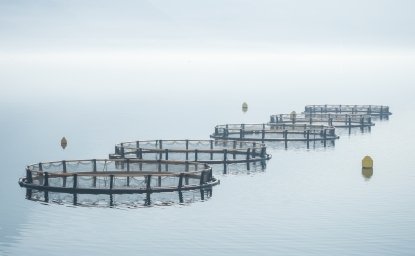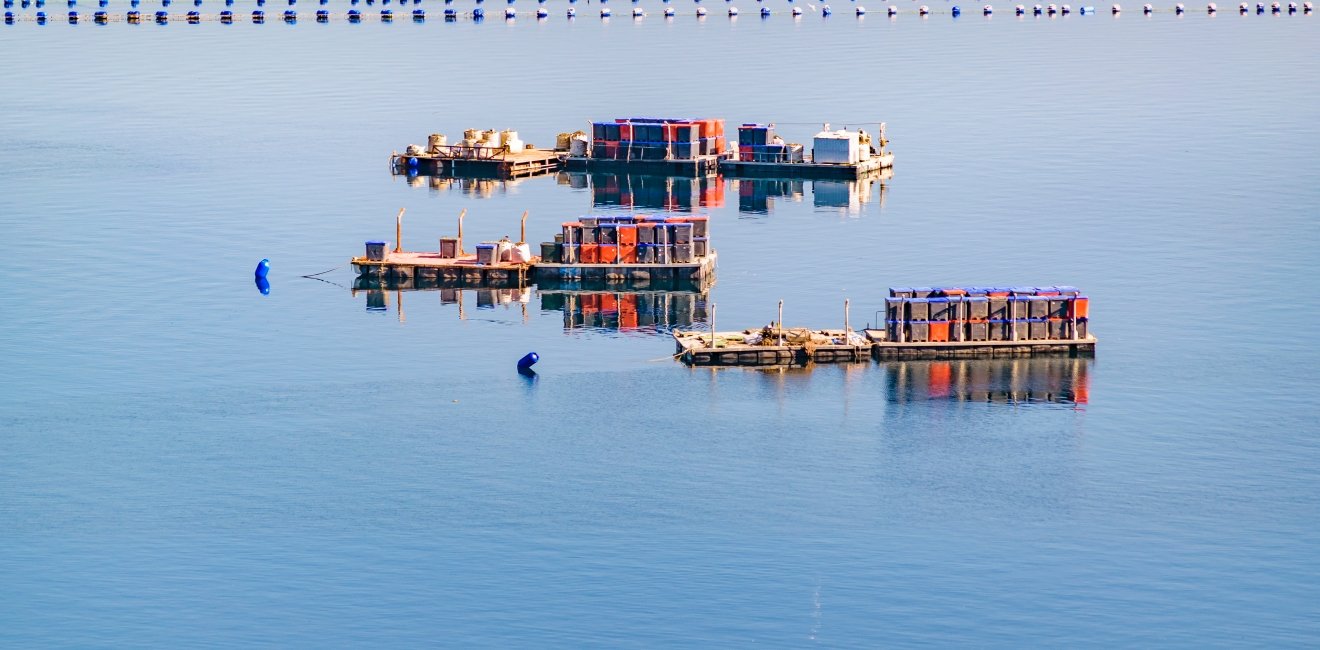
A blog of the Latin America Program
On June 30, 2021, Tierra del Fuego, Argentina’s southernmost province, prohibited salmon farming in its territorial waters, reportedly becoming the first region in the world to institute a similar ban. As seen in neighboring Chile, the controversial industry presents remote regions like Tierra del Fuego with great economic opportunity, but it also threatens severe environmental harm that could imperil sensitive ecosystems and jeopardize critical tourism income. The Argentine government has promoted economic development, including an electronics industry, in Tierra del Fuego to maintain the population in the strategic territory.
In that context, the province’s decision to exclude salmon farming reflects the strength of the country’s environmental movement. Earlier this month, environmental defenders also flexed their muscles in Mar del Plata, where thousands gathered to protest proposed off-shore oil exploration. Argentina has vast renewable energy potential, but it is heavily dependent on natural gas for domestic energy use and it is promoting increased production of unconventional oil and gas in its Vaca Muerta region.
Click here to watch our latest video explainer.
Author


Latin America Program
The Wilson Center’s prestigious Latin America Program provides non-partisan expertise to a broad community of decision makers in the United States and Latin America on critical policy issues facing the Hemisphere. The Program provides insightful and actionable research for policymakers, private sector leaders, journalists, and public intellectuals in the United States and Latin America. To bridge the gap between scholarship and policy action, it fosters new inquiry, sponsors high-level public and private meetings among multiple stakeholders, and explores policy options to improve outcomes for citizens throughout the Americas. Drawing on the Wilson Center’s strength as the nation’s key non-partisan policy forum, the Program serves as a trusted source of analysis and a vital point of contact between the worlds of scholarship and action. Read more

Explore More in Weekly Asado
Browse Weekly Asado
Argentina’s Tierra del Fuego Bans Salmon Farming

Dengue Haunts South America’s Summers

Lessons from Costa Rica’s Economic Transformation


